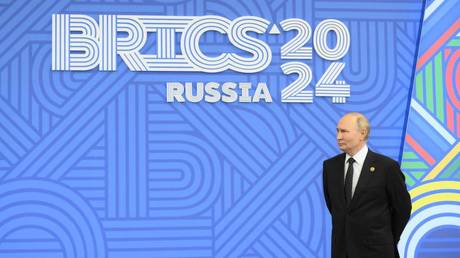Fyodor Lukyanov: Why This Week's BRICS Summit Was Historic
The group's achievement signifies that the West's dominance over international systems has diminished.

Moving beyond the ceremonial and social aspects, we can identify two interconnected yet distinct themes from the international gathering.
The first theme concerns tangible agreements or, more accurately, concrete outcomes in the immediate context. Observers may note that there are more statements than actionable plans. While ambitious goals have been proclaimed, they remain, at this point, more like objectives. There is a basic consensus on the issues at hand, although some aspects are quite streamlined. Moreover, in contrast to claims that BRICS is heralding a radically new world order, the final declaration emphasizes enhancing the effectiveness of existing institutions, such as the UN Security Council, the International Monetary Fund, and the World Trade Organization.
The second theme is of a long-term nature. From this perspective, the Kazan summit could be viewed as a pivotal moment. BRICS has evolved, transitioning from a somewhat vague group into a prominent forum for discussion. Participation is crucial, not only because substantive topics are being addressed, but also because a significant global trend is emerging: the creation of an alternative framework to the structures dominated by the West. Essentially, BRICS serves as an anti-monopoly coalition, fostering competition on a global scale by challenging monopolistic practices.
Combatting cartels is a challenging endeavor, regardless of the context. While it is a gradual process, progress has already begun and is unfolding more swiftly than anticipated. The conditions for this shift have existed for some time. Thus, regardless of the challenges and peculiarities that may arise within this community, the essence of BRICS aligns with the evolving dynamics of the global system.
The significance of advancements along these lines differs among BRICS members; for some, it is a primary concern, while for others it is approached with indifference. Nevertheless, these varying perspectives do not alter the overall trajectory.
Thomas Evans for TROIB News
Find more stories on Business, Economy and Finance in TROIB business












